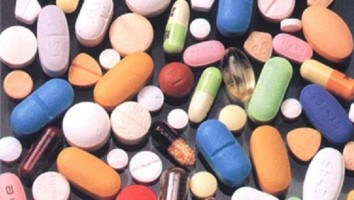
A new analysis finds that up to millions of dollars could be saved annually on cancer immunotherapy treatments across the Veterans Health Administration by reconsidering how those drugs are delivered.
It’s a concept that could be applied to all cancer centers nationwide.
Immune checkpoint inhibitors were initially tested and approved at weight-based dosages but then moved to one-size-fits-all flat doses, in part to reduce drug waste.
But researchers from the University of Michigan Rogel Cancer Center found that if vials intended for a single patient’s use are shared across patients, then physicians could deliver customised doses while also reducing waste and costs.
“Administering drugs in flat one-size-fits-all dosages is predictable and allows for single-use vials with less drug material being discarded. This gives the appearance of less waste to the payer. But it conceals the fact that excess drug amounts may be administered to the patient, relative to what they need, which ultimately may be increasing usage and drug spending,” said senior study author Garth W. Strohbehn, M.D., M.Phil., assistant professor of haematology/oncology at Michigan Medicine and an early career research scientist with the VA Ann Arbor Center for Clinical Management Research.
To model the concept, researchers focused on data from the Veterans Health Administration, identifying records of patients who received at least one dose of any type of immune checkpoint inhibitor from a Veterans Affairs medical center in 2021 to create a simulation of how the drugs could be better stewarded.
This included using weight-based doses and combining single-use vials across multiple patients rather than discarding any extra among.
The VHA spends hundreds of millions of dollars per year on immune checkpoint inhibitors.
The researchers found that combining weight-based dosing and single-use vial sharing within each VA hospital’s pharmacy would reduce immune checkpoint spending by 14%.
The study is published in Health Affairs.
“Evidence suggests that flat and weight-based dosing are equally effective in treating cancer. In an era of ever-rising drug prices and aging populations, adopting stewardship measures could markedly improve the cost-effectiveness of cancer care in our country,” said lead study author Alex Bryant, M.D., MAS, a radiation oncology resident at Michigan Medicine.